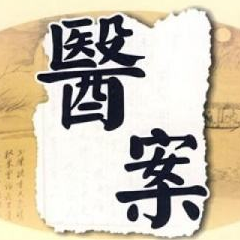Traditional Chinese medicine believes that the stagnation of wood fire in the middle jiao is the main cause of epigastric pain and noise. The central focus is an area within the human body, including organs such as the spleen and stomach. When the liver qi is depressed, it turns into fire, and the fire evil invades the spleen and stomach, it will cause the stagnation of heat in the middle jiao. This type of heat stagnation can lead to symptoms of epigastric pain and noise, manifested as stomach pain, heartburn, acid reflux, bitter taste, and other symptoms.
To solve this problem, traditional Chinese medicine has adopted a series of treatment methods. Firstly, they advocate regulating emotions, maintaining a relaxed mood, and avoiding liver qi stagnation. Secondly, they recommend dietary adjustments, such as eating more light foods and avoiding spicy, greasy and other stimulating foods. In addition, traditional Chinese medicine also uses some Chinese herbal medicines for treatment, such as Huanglian, Scutellaria baicalensis, and other medicines for clearing heat and purging fire, as well as medicines for soothing the liver and regulating qi such as Chaihu and Xiangfu.
中医认为,木火郁于中焦是导致脘痛嘈杂的主要原因。中焦是人体内的一个区域,包括脾胃等器官。当肝气郁结,郁而化火,火邪侵犯脾胃时,就会引起中焦的郁热。这种郁热会导致脘痛嘈杂的症状,表现为胃部疼痛、烧心、反酸、口苦等症状。
为了解决这个问题,中医采用了一系列的治疗方法。首先,他们主张调节情绪,保持心情舒畅,避免肝气郁结。其次,他们推荐饮食调理,如多吃清淡的食物,避免辛辣、油腻等刺激性食物。此外,中医还采用了一些中草药进行治疗,如黄连、黄芩等清热泻火的药物,以及柴胡、香附等疏肝理气的药物。



110X110.png)
110x110.png)






请登录之后再进行评论